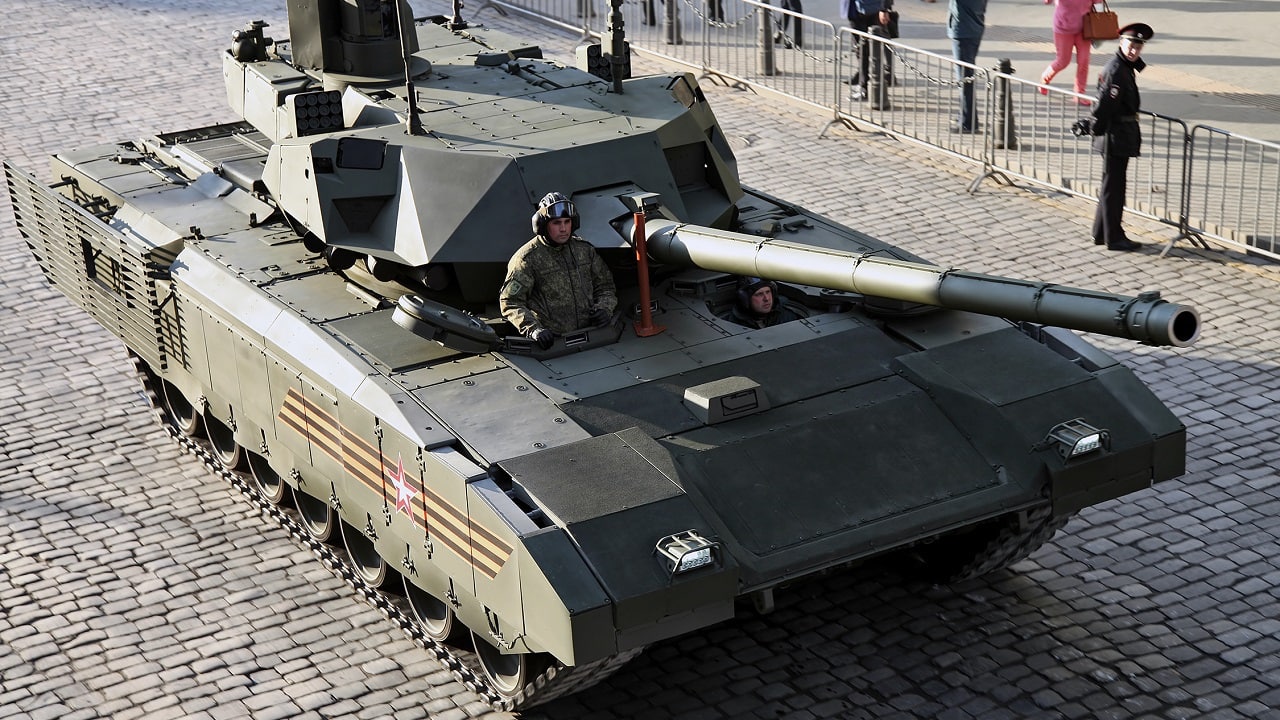It appears that North Korean leader Kim Jong Un will soon visit Russia for a meeting with Russian President Vladimir Putin. North Korea already transfers significant amounts of ammunition to Russia, and this visit promises to expand cooperation between the two nations. What can each side offer the other? What does the meeting portend for Russia’s war effort and for its foreign relations?
What North Korea Needs
North Korea could use a little bit of everything. The DPRK shut down more aggressively in response to the COVID-19 pandemic than just about any country in the world. Trade with China, its most important partner, collapsed by over 90%.
We lack good measures for the extent of misery in North Korea, but there seems little doubt that suffering is extensive. Russia can help fill many of the gaps in North Korea’s requirements, especially in the energy sector. Russia can also offer technology partnerships with North Korean industry, especially in the defense sector. Deeper cooperation with Russia (something that Moscow has resisted in the past) also gives the DPRK more leverage in its relationship with China. Russia cannot exactly wean North Korea off China, and in any case Moscow does not want to antagonize Beijing. But anything that decreases the DPRK’s dependence is good news from Pyongyang’s point of view.
Finally, North Korea has long needed the friendship of a country like Russia. China and Russia view North Korea as a backward neighbor and a bit of an embarrassment. Now that Pyongyang has something Moscow needs, however, the tenor of their relationship may change.
What Russia Needs
Above all, Russia needs ammunition. Reports from the front indicate that Russian units are suffering from shell hunger, the inability to meet their daily operational needs for ammunition. Russia has used artillery to considerable effect in the war thus far, depending on it both on the offensive and the defensive. Over the course of the summer, however, Ukraine has at times matched or even exceeded the weight of the Russian barrage. If Russia hopes to turn back the Ukrainian offensive, and especially if it wants to launch a winter offensive with any hope of success, it needs more artillery shells.
However, since Russia has already acquired some ammunition from the DPRK, this summit could herald more substantial cooperation. North Korean military capabilities are primitive compared to South Korea, but it operates large numbers of tanks and infantry fighting vehicles that are comparable with what Russia has already lost in its war.
North Korea adopted a more extreme version of the Soviet practice of stockpiling massive amounts of military equipment, and it goes to reason that Russia might want access to more than just shells. North Korea has sought to expand the export footprint of its arms industry, and Russia could offer a spectacular opportunity to make a global impact.
A Sobering Occasion for Russia
It remains to be seen whether Pyongyang’s decision to escalate its participation in Russia’s war will affect decisionmaking in Seoul. North Korea’s decision to enable Russian aggression against Ukraine makes a mockery of South Korea’s decision to mostly stand on the sidelines of the conflict. Seoul has supported Ukraine’s war effort, but only indirectly — it has transferred munitions to the United States that Washington has passed along to Kyiv. South Korea’s extensive arms industry could undoubtedly help support the Ukrainian war effort, and Ukraine would offer a useful proving ground for South Korean weapons.
In any case, Russia has now interjected itself in a forceful way into the politics of the Korean Peninsula, a move that will have potentially far-ranging effects on the foreign policy of both Koreas.
At the same time, the growing relationship is surely bittersweet from Russia’s point of view. Seventy-three years ago, Kim Jong Un’s grandfather had a series of conversations with Josef Stalin that paved the way for Kim’s invasion of the South. The Soviet Union then bankrolled the war efforts of both North Korea and the People’s Republic of China. Today, Putin meets Kim Jong Un virtually hat in hand, begging for the shells and equipment that the Soviet Union originally licensed for North Korean production. However Putin tries to frame it, the moment represents a deep humiliation for Russia’s foreign and military policy.
Dr. Robert Farley has taught security and diplomacy courses at the Patterson School since 2005. He received his BS from the University of Oregon in 1997, and his Ph. D. from the University of Washington in 2004. Dr. Farley is the author of Grounded: The Case for Abolishing the United States Air Force (University Press of Kentucky, 2014), the Battleship Book (Wildside, 2016), Patents for Power: Intellectual Property Law and the Diffusion of Military Technology (University of Chicago, 2020), and most recently Waging War with Gold: National Security and the Finance Domain Across the Ages (Lynne Rienner, 2023). He has contributed extensively to a number of journals and magazines, including the National Interest, the Diplomat: APAC, World Politics Review, and the American Prospect. Dr. Farley is also a founder and senior editor of Lawyers, Guns and Money.
From the Vault
‘He Should Quit’: Donald Trump Just Got Hit With A Devastating New Poll

